Andrew's Top 10 Movies of 2013
Allow me to start with an existential note about this year's top 10 movies list -- one of my favorite annual exercises -- before I get in to the customary honorable mentions, movies I shamefully missed and then the meat of the list. This is my third year doing this (see 2012 and 2011, respectively, if you're interested) and I've decided to change things up. My criteria in past years has been trying to identify the 10 "best" films of the year. This year, I've simply picked my 10 "favorite." This might seem like splitting hairs -- a bit of semantic gymnastics that, if it's different at all, is different in only small ways. Well, to me it's a rather large and important distinction. To me, a list of the "best" films has an air of objectivity to it. Sure, personal opinion still factors in, but there's an air of historical record to a best films list. A list of your "favorite" films is more purely subjective, and as such a bit of relief for me.
It's not as serious a list, but it is completely genuine -- a more visceral recap of the year that was. Plus, it comes with the side benefits of squaring my feelings about 12 Years a Slave and allowing me to feel better about highlighting a few odder choices. Director Mark Covino drove that point home to me on Twitter when I began thinking about my list last month. He's a smart guy who released a great film this year, the documentary A Band Called Death, so I'm following his lead.
Now, on to the list. As of this writing, I have seen 112 releases from 2013. That's a personal record for me, but because I don't do this stuff professionally, there are some major films I just haven't gotten around to yet. That's the best excuse I've got for why Lee Daniels' The Butler, Short Term 12, Rush, Blue Is the Warmest Color, Captain Phillips, All is Lost and Dallas Buyers Club had no chance of making my top 10.
There were also some agonizing choices to be made for those last few spots. I adored Covino's A Band Called Death and Frozen, Disney's best animated feature in a long while. I was enchanted by Ain't Them Bodies Saints and transfixed by Martin Scorsese's The Wolf of Wall Street. I also briefly considered Escape From Tomorrow, Side Effects, Stoker, The To Do List and Stories We Tell. There are only 10 spots on my list, but there were many more great films than that in 2013. But these 10 -- these are my favorites:
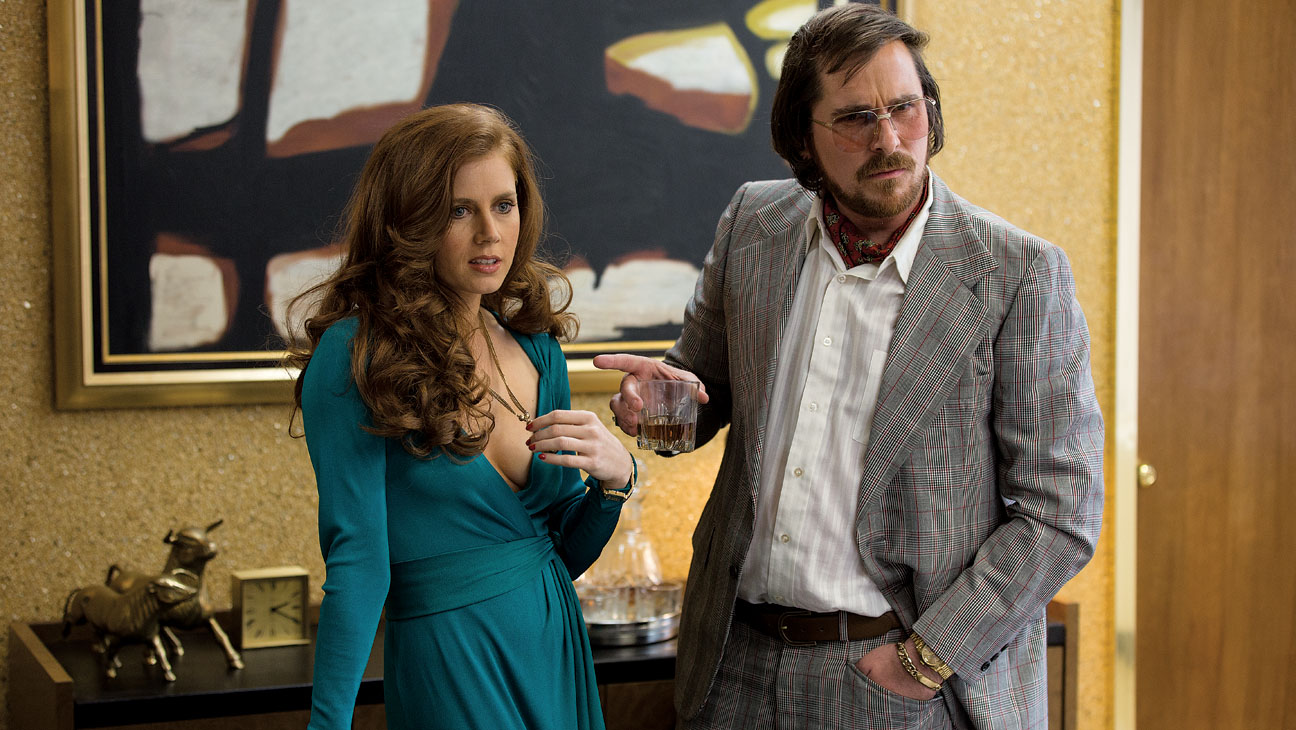
10. American Hustle
Sometimes, even a few weeks is enough to change your mind about a movie several times over. I enjoyed the latest from director David O. Russell in the theater. Then, upon further reflection and a heckuva review from my cohort (linked above), I looked less favorably on it. Now, I'm coming back around to American Hustle. It has its flaws to be sure, but it has many strengths too -- pretty much all of them in the form of the incredible performances Russell is able to squeeze out of his stars. From Christian Bale, fat and balding as small-time con-man Irv Rosenfeld, to Jennifer Lawrence as his hilariously unhinged wife Rosalyn, to Bradley Cooper and Louis C.K. and Amy Adams in between, Hustle is lots of fun more than anything else.
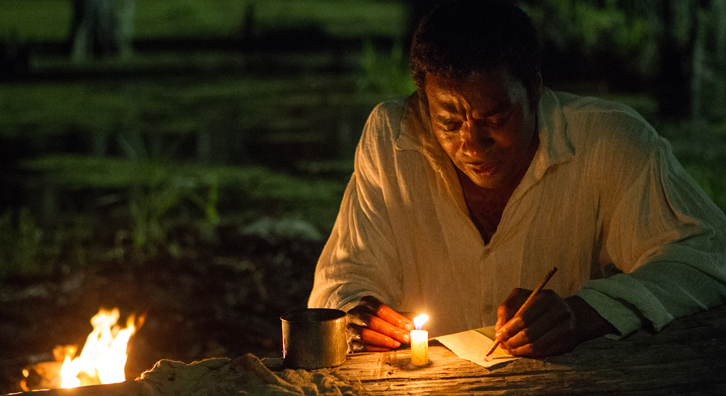
9. 12 Years a Slave
Films like director Steve McQueen's searing, unforgettable 12 Years a Slave are precisely the reason I don't use rewatchability as part of my criteria for a list like this. It's also what makes a list like this so challenging. I wouldn't eagerly sit through the tale of freedman Solomon Northrup again as he is drugged, kidnapped and tossed in to the illegal slave trade in the antebellum South. But everyone who fancies themselves a well-informed citizen of the United States ought to see this movie at least once, especially the naive or willfully ignorant people who believe American slavery wasn't that bad for the people it enslaved. (Lest you think this is a strawman I've set up, well, just start here with the trolls "thought leaders" on the right.) What McQueen portrayed so well was the all-encompassing depth of the damage done by slavery. The separation of parents from children, rape, torture -- these were all routine on the plantation, key cogs in a machine designed to treat human beings as something far less for the sake of profit. Even whites that weren't as brutal as the menacing slaveowner played by Michael Fassbender were complicit in the horror. It's devastating, even in the film's final scene when Northrup is reunited with his family after more than a decade as chattel. There is little joy, just relief.
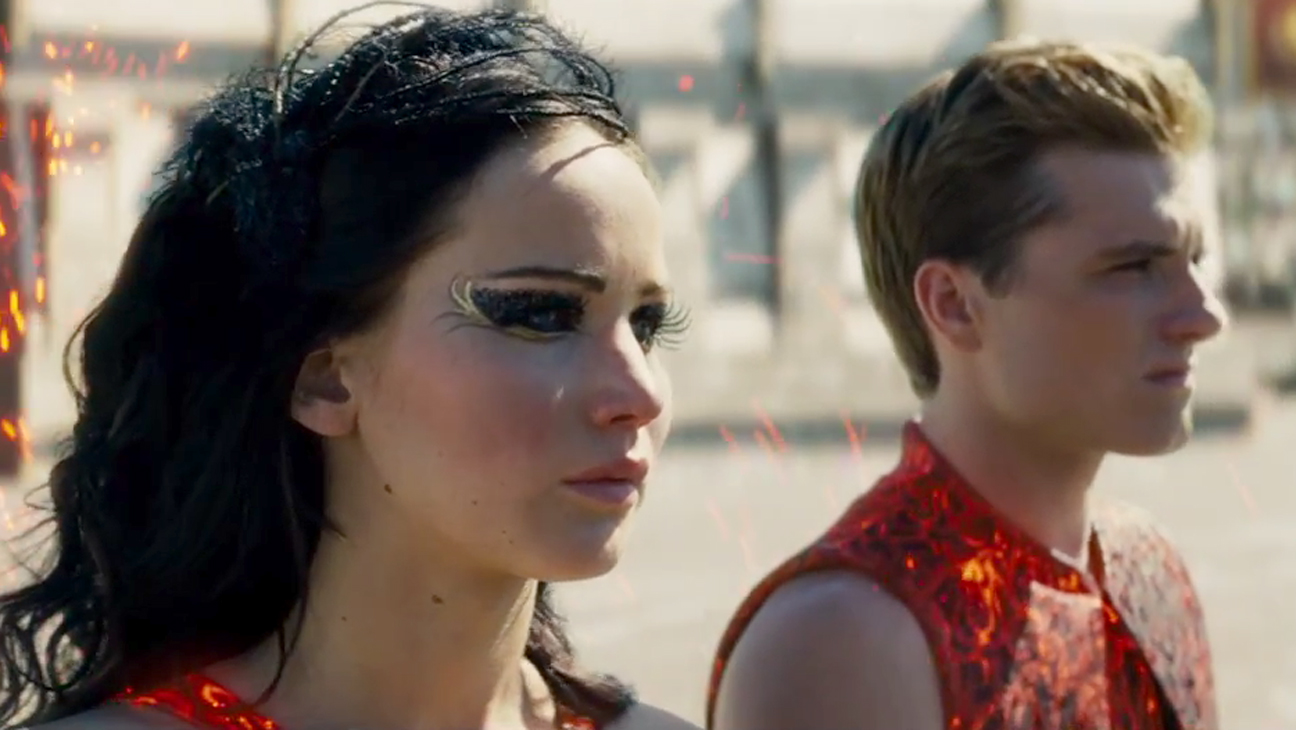
8. The Hunger Games: Catching Fire
Catching Fire has the pieces its prequel and the three novels that inspired the films are missing, and that begins and ends with Jennifer Lawrence, who portrays the heroine of this dystopian world, Katniss Everdeen, with more nuance and fragility than is even to be found in Suzanne Collins' books. Lawrence's Katniss is easier than ever to root for and the stakes are ratcheted up, making Catching Fire an oddly profound portrait of how coming home after experiencing traumatic violence can be more difficult than simply surviving it. OK, OK, it's not that deep of a film, but it has something to say even as the tension in Panem and, ultimately, back in the arena grows, shifts and transforms. Catching Fire is the rare movie that is close to two-and-half hours long and yet doesn't feel like it wastes a moment as it shuttles breathlessly toward a cliffhanger conclusion.
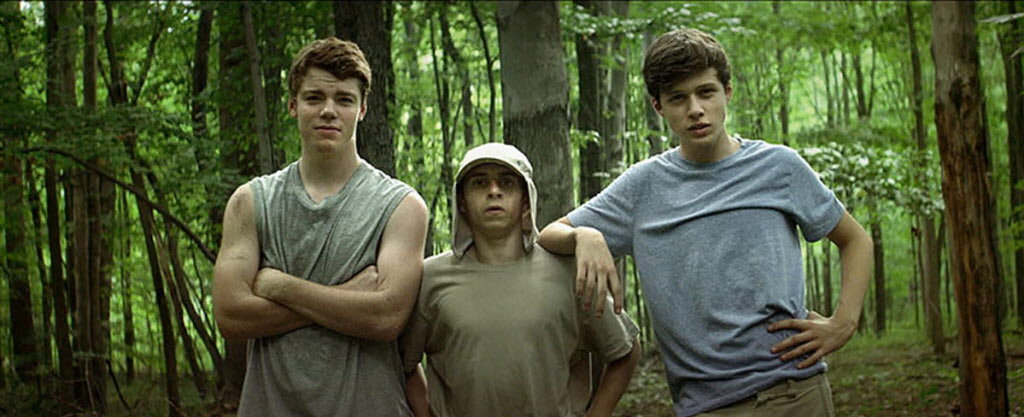
7. The Kings of Summer
Several films this year explored what it's like to be an adolescent male in suburbia (The Spectacular Now, The Way Way Back), but none did it better than The Kings of Summer, director Jordan Vogt-Roberts' feature-length debut. While its competitors were fixated on the childishness of adults (a by-now tired construct that in some ways condones bad behavior just because step-daddy is a jerk), Kings flipped the script on its protagonist Joe, played by Nick Robinson, forcing him to figure out how to go from boy to man. As he learns, it's a transformation that is completed not when you take greater control of your own life but by how you handle things over which you have little or no control at all.
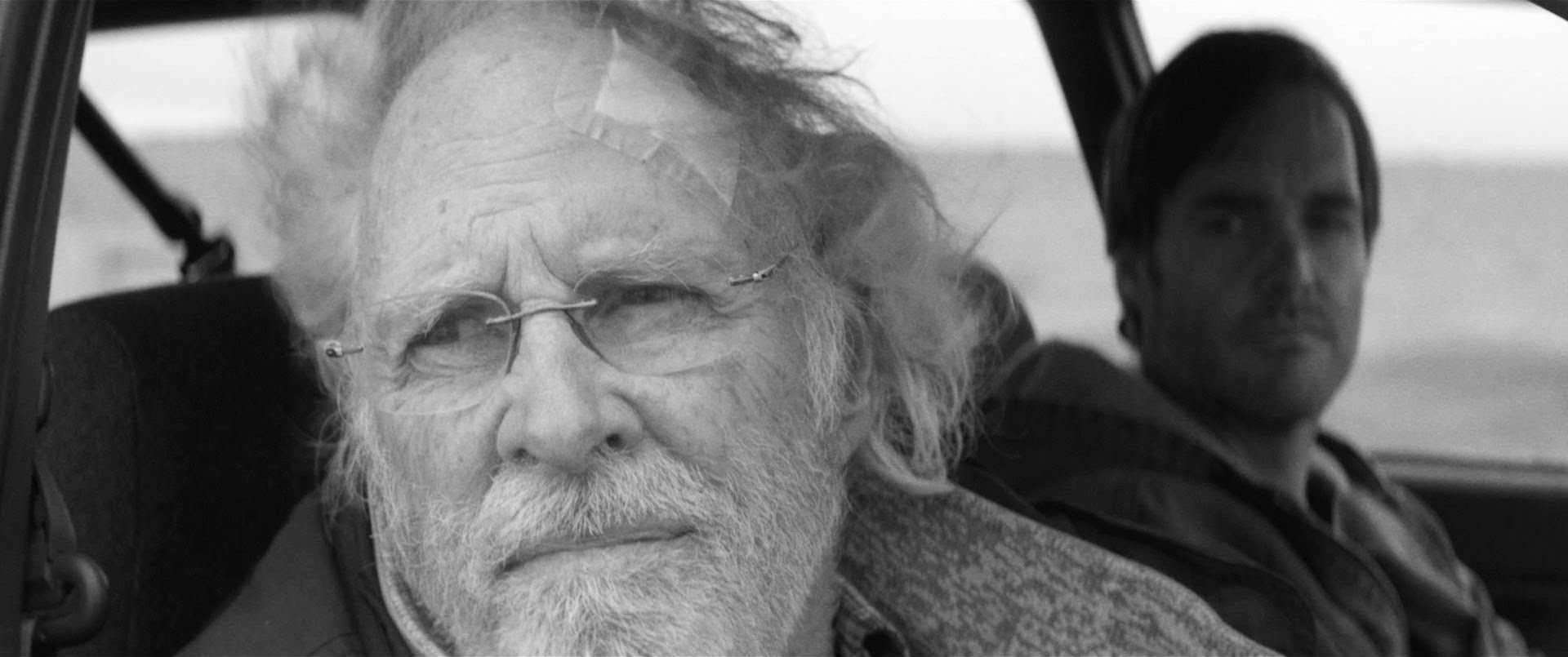
6. Nebraska
Cinematically and geographically, Nebraska represents a return to director Alexander Payne's roots after The Descendants, a wonderful film that nonetheless took him away from Middle America and was a departure from his trademark dark, dry comedy. Pairing Will Forte and Bruce Dern as a son and father, respectively, on a doomed road trip to collect a million-dollar prize Dern's Woody mistakenly believes he's won, Payne does a terrific job of capturing why family is the best and the worst. There's a lot of talk that Dern will receive a Best Actor nomination at this year's Oscars, but I was just as taken with Forte's sweet performance as the dutiful son -- a far cry from MacGruber to be sure.
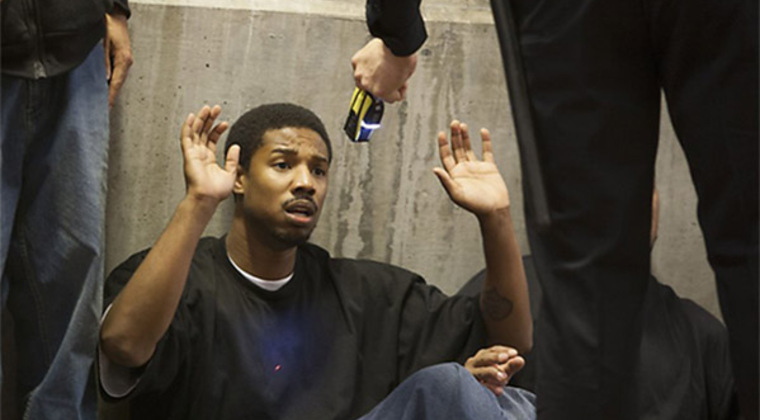
5. Fruitvale Station
Fruitvale Station left me whimpering at the end. I've seen thousands of films, and yet I can count the number that reduced me to tears on one hand. My emotional reaction to the film's conclusion is not what makes it great. Rather, it is the matter-of-fact way it chronicles the final few hours of young Oscar Grant's life. He's a poor 22-year-old man with good intentions and a family to provide for. He's just trying to figure it out, like most of the rest of us were when we were his age. His senseless death -- something you know is coming and yet director Ryan Coogler and star Michael B. Jordan so effortlessly seem to make you forget -- isn't tragic because it's a grave injustice (though it certainly is). It's tragic because a daughter is left without a father and a woman is robbed of the man she loves far before a time that seems fair. That much simpler, more accessible humanity is what lends Fruitvale so much of its power.
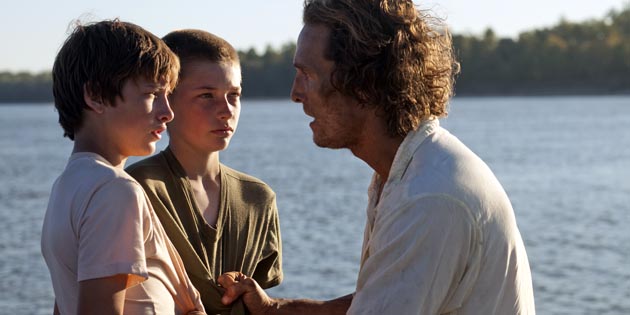
4. Mud
Equal parts folk tale and Southern Gothic, Mud takes you to a place few films ever have -- the Mississippi River in Arkansas -- and delivers what feels like an origin story or the beginning of a myth. Matthew McCounaghey plays the title character, a man on the run from bounty hunters who hides out on an island in the middle of the river with the assistance of two local boys, Ellis and Neckbone. It's an odd and unlikely friendship formed in an odd and unlikely place, making it the type of story writer and director Jeff Nichols has proven so capable of turning in to gold.
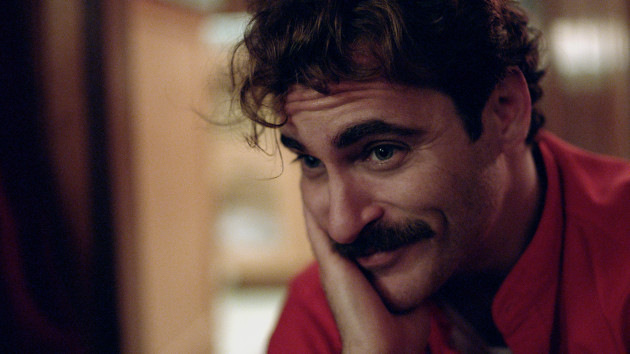
3. Her
Spike Jonze's story about a lonely man who falls in love with an operating system he installs on his computer is a miracle of a film. It sounds ridiculous when you explain what it's about to people (trust me, that's the overwhelming sensation I've had in the week-plus since I've seen it and raved about it to friends). Yet it is precisely the opposite, a story that understands the way technology is interwoven with our lives, is prescient about how our dependency on it will continue to develop and is non-judgmental about it. Both the subject matter and the way in which it is tackled is unlike most other films, making Her a singular masterpiece.
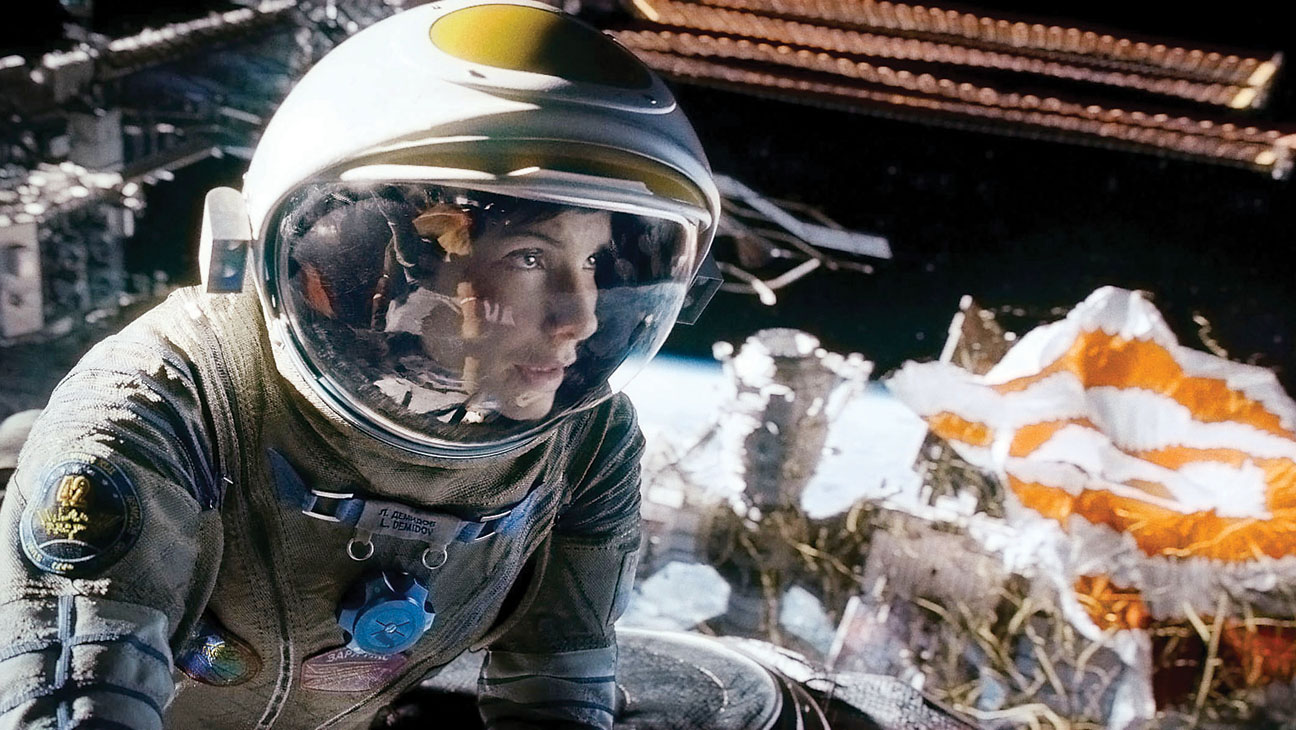
2. Gravity
That Alfonso Cuaron's outer-space drama Gravity is a technical marvel -- the rare film that is worth the price of admission, 3D glasses and all -- is not up for debate. It is glorious to look at -- the Earth tumbling by in the background as Sandra Bullock desperately tries to survive after space debris leaves her stranded in the greatest, blackest expanse there is. What isn't quite as well understood, it seems, is the rest of its excellence. I think some people have mistaken this film's pared-down plot for a lack of complexity, and I'd suggest those same folks watch it a few more times. Cuaron has a lot to say about faith and the human spirit. Don't miss it just because he's hidden it in a spectacular and thrilling package.
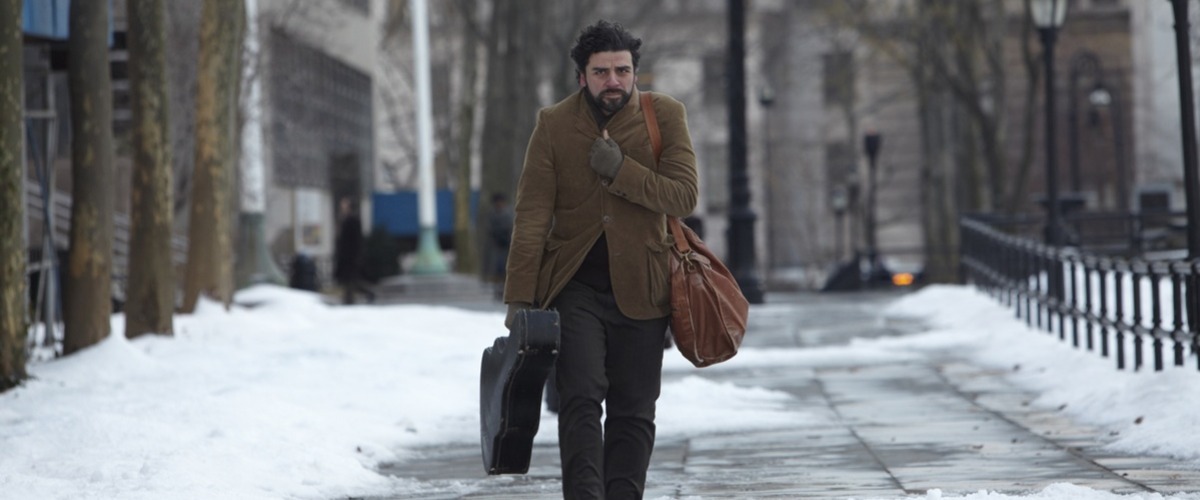
1. Inside Llewyn Davis
It feels like cheating to talk about the music in Inside Llewyn Davis, as if I'm praising an LP for its liner notes, but this is a favorites list and I can't ignore Oscar Isaac's strumming in the Coen brothers' film about the New York City folk music scene in the early 1960s. Llewyn is a wry, grumpy, sarcastic portrait of what it is to be a struggling artist, an answer to the usually rhetorical question about why some talented people make it big and others don't. It is also a rapturous musical, with all but one of the songs in the film performed live by its actors. Isaac is as gifted with the guitar as he is at bringing to life Llewyn's dour visage, which is what makes Inside Llewyn Davis so effective. Cold gray days -- of which there have been plenty lately -- have become Llewyn days. The soundtrack has been on non-stop in my house for weeks. Llewyn has snuck in to every corner of my life in some way. That's what a great film does, and that's why this one sits atop all others in 2013.

